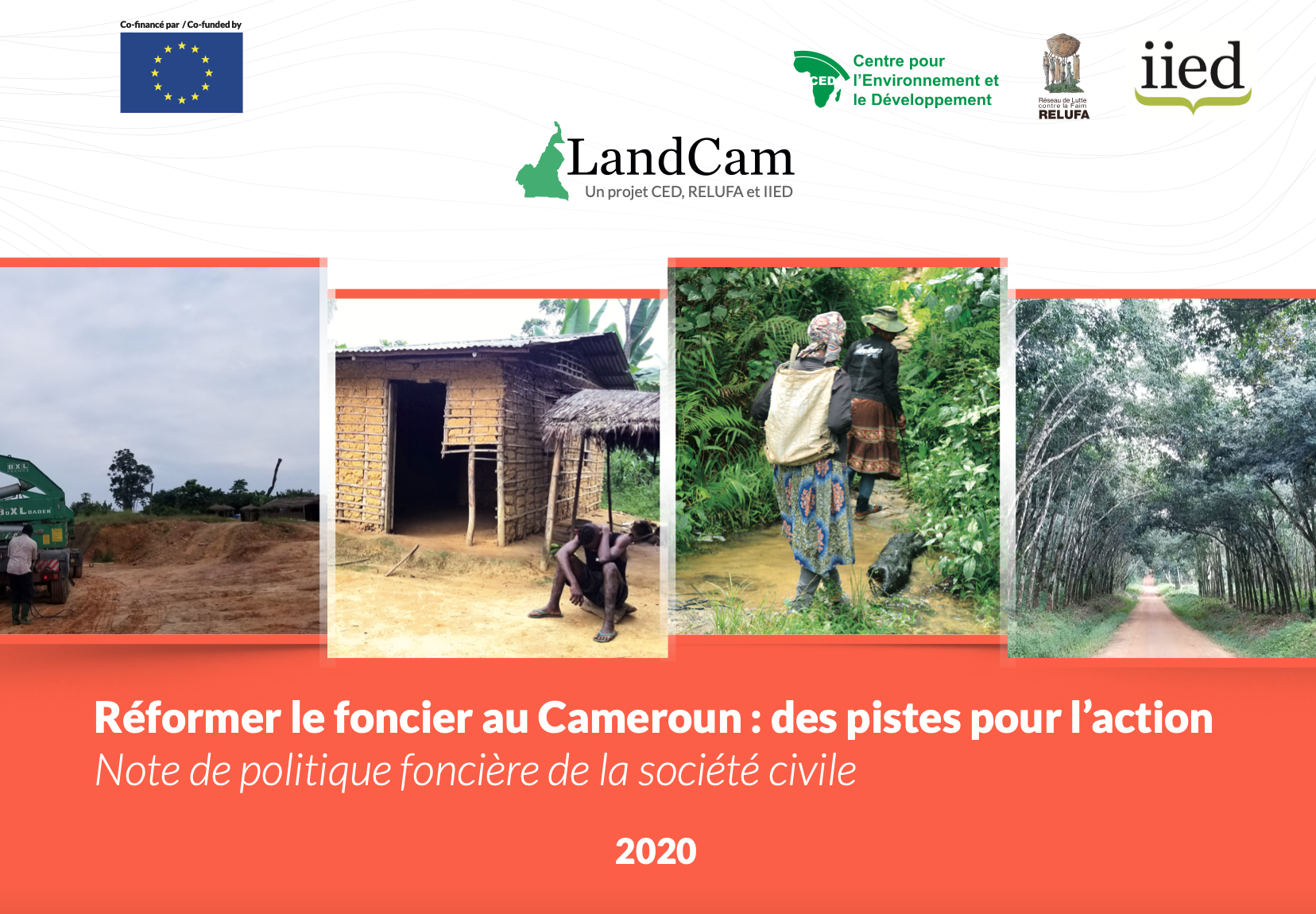Are the Odds of Justice “Stacked” Against Them? Challenges and Opportunities for Securing Land Claims by Smallholder Farmers in Myanmar
In 2012, the Government of Myanmar passed the Farmland Law and the Vacant, Fallow, Virgin Land Law, with an aim to increase investment in land through the formalization of a land market. Land titling is often considered “the natural end point of land rights formalization.” A major obstacle to achieving this in Myanmar is its legacy of multiple regimes which has created “stacked laws.” This term refers to a situation in which a country has multiple layers of laws that exist simultaneously, leading to conflicts and contradictions in the legal system.


